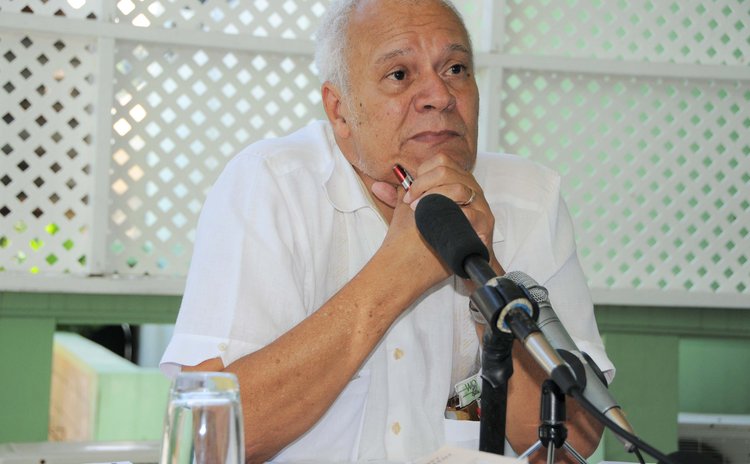A Future for Tourism?
By P.R. Bellot (parbel@cwdom.dm) with data from THE ECONOMIST mag.

In Dominica and elsewhere, the STAYCATION initiative is 'saving' hotels and AirBnB local operations from COVID the "Tourism Destructor"; gov't incentives (for one year?) could help our small hotels survive!
IT HAS been a gloomy year for the travel business. The COVID-19 pandemic has wrecked airlines, cruise-ship operators, hotels, and many other parts of the industry. With the end of the summer holidays, things may get gloomier still. The World Travel & Tourism Council, a trade body, this summer increased its forecast of the number of travel jobs that will be lost because of the pandemic worldwide to 197.5m, or around 60% of the total before coronavirus hit. For Dominica, closer to 80% if you consider direct and indirect jobs.
Even as lockdowns have been relaxed, and some travel has resumed, airlines, cruise lines and tour operators are all still losing money hand over fist. But one sector is proving a little more resilient: travel accommodation, thanks in part to "staycationers", i.e., people holidaying in their own countries. When people in Europe and America were told to "stay at home" earlier this year, hotels and home-sharing platforms were whacked. Revenues fell year on year in the second quarter by 54% at Wyndham, 72% at Marriott and 77% at Hilton (three of the world's biggest hotel chains). AirBnB, the world biggest home-sharing platform, did no better, with a tumble of 70%. The online travel agents were hit harder still. Expedia, the world's biggest online travel agent, saw turnover plunge by 82%.
Analysts think that some listed hotel firms -- such as Wyndham, the world's biggest chain (by number of hotels) -- may well make profit in the current quarter as they cut costs through lay-offs and demand recovers somewhat. Still, there remains a lot of red ink in the industry. Most of the companies, whether old-fashioned hotel chains or zippy tech startups such as AirBnB and Expedia, use an asset-light model. AirBnB owns none of its properties to rent; it is a platform for users and owners to meet. Likewise, big hotel chains like Kempinski generally do not own their locations; they franchise their brands to independent hotel owners and operators.
AirBnB's turnaround has been remarkable. In Europe, demand for non-hotel accommodation is now down by just 20% year on year, compared with a whopping 60% for hotels. In some parts of America, such as rural areas, demand is up by as much as 25% year on year. Dominica has about 5 AirBnB operators – but many more who provide "rooms" for visitors especially for WCMF – now officially cancelled for 2020!
One observed trend is somewhat puzzling. The pandemic has increased the importance of cleanliness, and surveys show that travelers associate branded hotels with a relatively high and consistent level of cleaning. Hilton, for instance, has made a great fuss about using household cleaning products such as Lysol and Dettol in all its 18 brands. Marriott has promised to use baffling "electrostatic sprayers" across its properties. The amount of elbow grease that goes into AirBnB and other vacation rentals, conversely, is hit-or-miss at the best of times. But Dominica has been outstanding in insisting that our operating hotels get COVID-FREE certification!
Events and conventions, former money-spinners for the small hotels and private room rentals, are currently dead. But most hotels are confident that when "normal" travel resumes, occupancy will be back. "There will always be some form of business interaction that can't be done over a Zoom call," says Phil Cordell, Hilton's global head of new brand development. Moreover, some firms and insurers still insist that business travelers stay in hotels rather than rented homes -- a position that has hardened since the pandemic began. So Fort Young's major expansion is a good investment.
Their prospects – and that of Dominica's other properties – will likely depend on gov't-expanded niche activity promotions and direct incentives to the cash-strapped hotels. Several initiatives already successfully introduced in some Caribbean countries should be QUICKLY adapted for Dominica – before all our neighbors get ahead of us. The writer is available to provide more information on one such initiative and ideas on how it could be effectively introduced in our Dominica.
(Bellot is a longtime marketing consultant in the tourism field. He has served on the Board of the Dominica Hotel & Tourism Association and is current head of the Dominica Eco-Tourism Association. He has also managed a small family Guest House in the Scotts Head area.)




